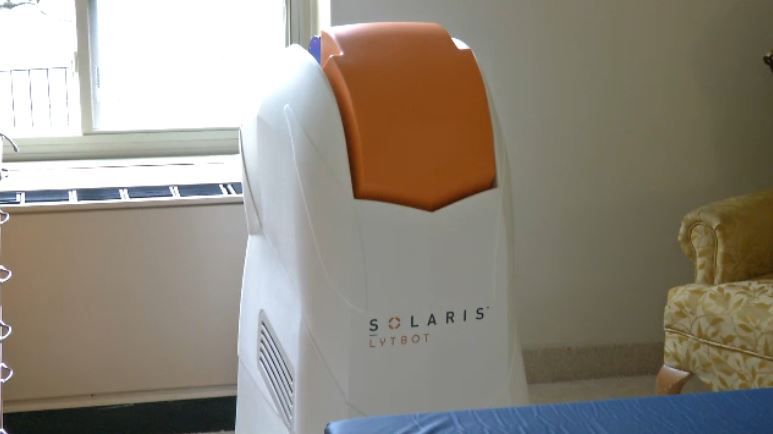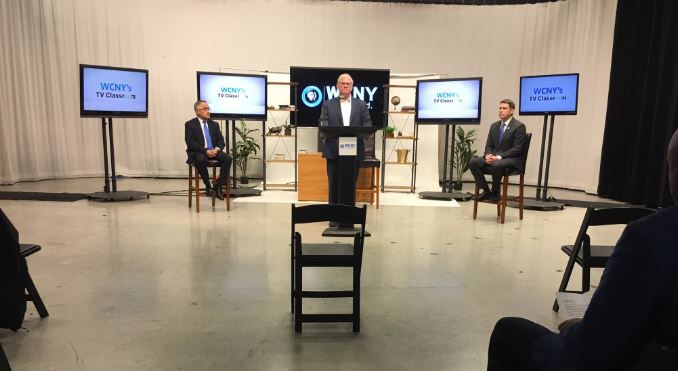There's a new mobile update from Apple and Google that's designed to help public health agencies track COVID-19, but it's also raising concerns among security experts.
It works by sending random Bluetooth signals to other devices, but only ones that also have the software turned on. Those signals don't carry any personal information and change every 20 minutes to protect privacy.
If someone with the software on tests positive for COVID-19, they can notify an app of that, and it will then go back and notify anyone who received that Bluetooth signal that they had been exposed to the virus within the last two weeks.
Apple and Google say it's completely voluntary to turn on or off, and only public health agencies will be allowed to develop apps with the new software.
The companies say the technology is a critical step in learning about the virus and fighting the pandemic, but Leslie Corbo, a cybersecurty professor at Utica College, worries that once the program's usefulness is through, it's still likely to stick around.
"Once we don't need this data anymore, once this pandemic has passed and I have faith that it will, We don't need to be tracing people anymore," said Corbo. "We don't need to know where people have been and that sort of thing."
The companies say no personal data will be attached to the signals sent between devices. Apple and Google have published detailed question and answer documents to ease concerns over privacy, and you can find that by clicking here.






